
About NETSTOCK
Summary
What we do
NETSTOCK is a platform to help SMEs across the world to optimize their inventory levels. Most companies with warehouses of inventory have too much of the stuff that doesn't sell and too little of the stuff that sells well.
NETSTOCK will produce a sales forecast for each item, set appropriate safety stock levels for each item, and then determine where the imbalances lie.
Based on this information we display lovely dashboards and recommend when to purchase inventory from suppliers so that the inventory levels get back into balance.
NETSTOCK is a web application that integrates with the customer's ERP system, whether that ERP system in on-premise or in the cloud.
Why Work For Us
Although our application is built on fairly "boring" technology, it's rock-solid and solves a real business problem for our customers. Working for NETSTOCK gives you the opportunity to work on web front-ends, server back-ends and integrations.
You will have to the opportunity to learn from super experienced coders and see the fruits of your labour be used by thousands of companies across the world every day. Your work will make a real, material impact on our customers. This could be in the form of making their work easier to do, saving our customers millions in capital or helping our customers make millions more in sales.
Our Culture
NETSTOCK has a very inclusive culture, combined with a flat hierarchy. You'll work closely with other developers, product managers and the CTO of the business. We always have each others' backs, and we are allergic to playing the blame game.
Your input will be greatly valued, and every team member has a direct impact on the product and, by extension, our customers.
We are a fully remote team and every team member sets up their own work environment the way they choose. We live on Slack and Zoom, and we often communicate more than traditional on-premise teams.
Our Engineering Processes
Our development environment is completely Docker-based. This helps to get developers up-and-running in a short space of time. It also ensures that we all work from the same base. Our dev Docker images closely resemble what's running in production, so there are fewer nasty surprises when pushing code out to production.
However, the front-end is completely up to each developer. You can choose your own OS, editor or IDE, browser, etc.
Everything is done in Git and code reviews happen before merging into master. We run on an SCM with integrated tickets, and the product manager determines priorities in line with business needs and developer input. We do our best never to work to unrealistic deadlines. Smaller sprints are preferred.
New code is tested on a subset of customers or in UAT servers. Once code passes QA on these it gets rolled out infra-wide.
We are slowly moving towards micro-services, and we have deployed one such service at the moment.
We have an excellent sysadmin team that keeps the production systems running smoothly.
Our Hiring Process
After reviewing your CV, you'll be invited to an interview. This will be done remotely using Zoom. The purpose of the first interview is to assess your skills and employment history. A second interview will then be conducted if the first one was successful. The purpose of the second interview is to see if we have a cultural fit. We might opt for a third interview.
After signing, you'll be on a three month probation period. If all goes well, you'll receive a permanent contract after that.
You will spend some time in an onboarding process and then work closely with the rest of the team to get to know the codebases.
Perks at NETSTOCK
Tech Stack
application and data



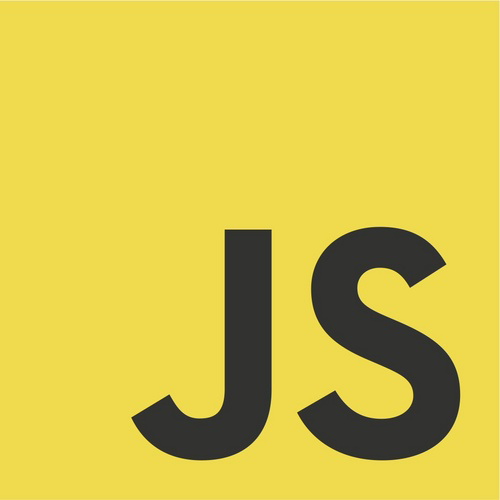
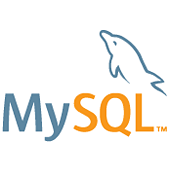








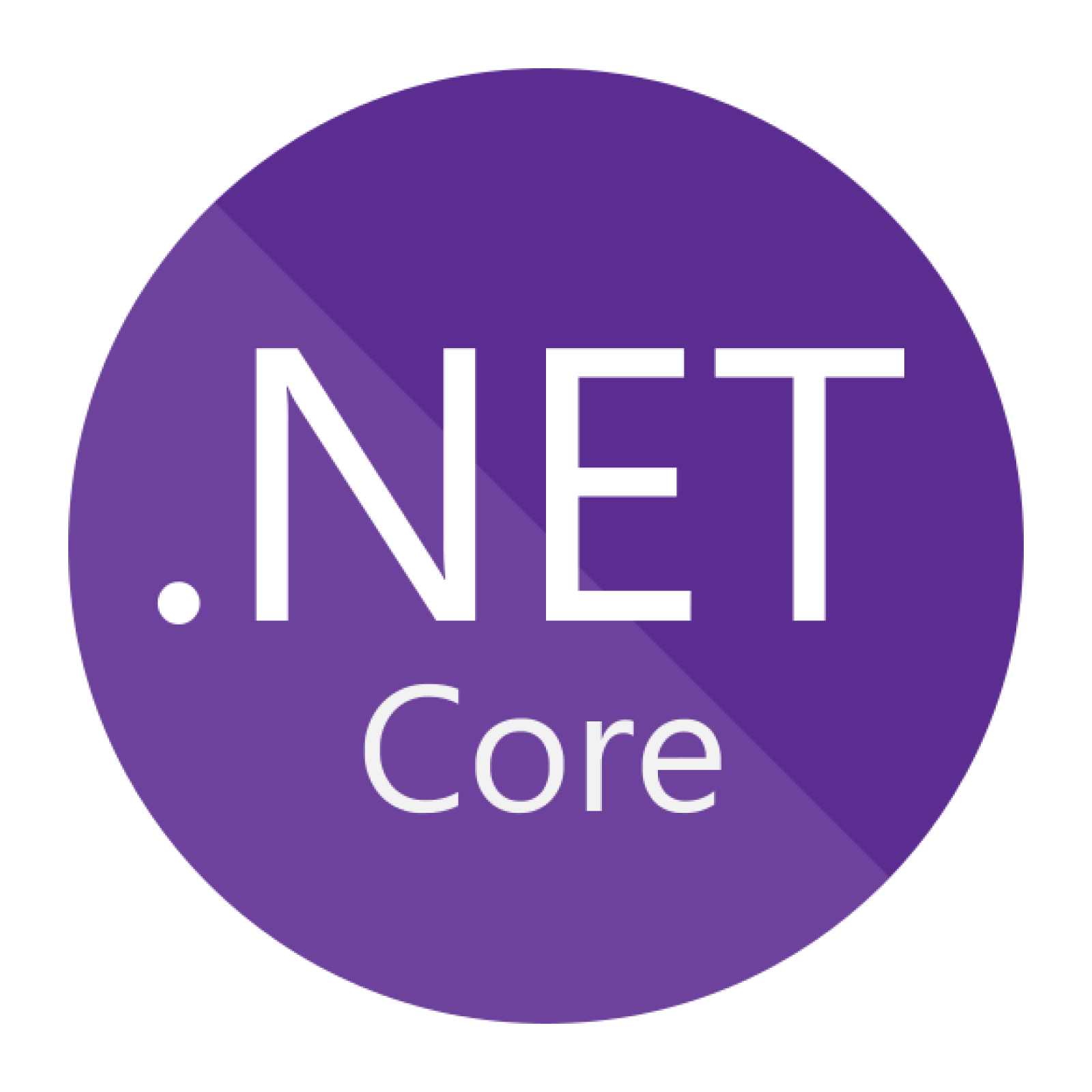


utilities


dev ops



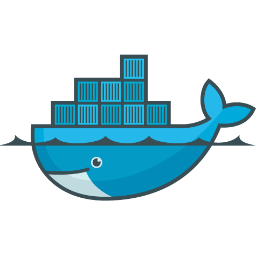

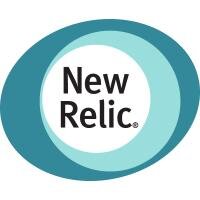




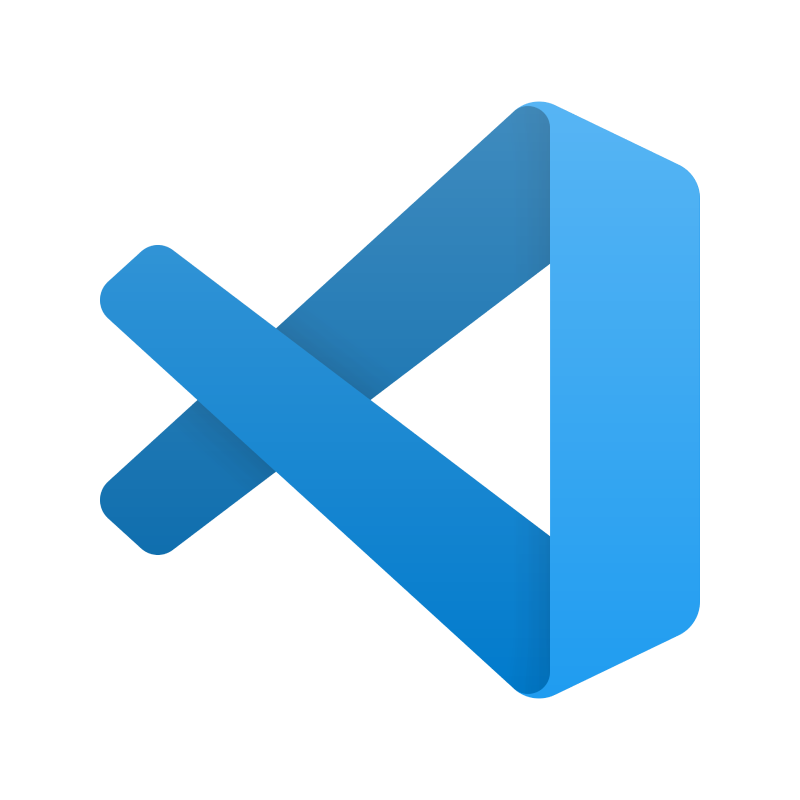
business tool


